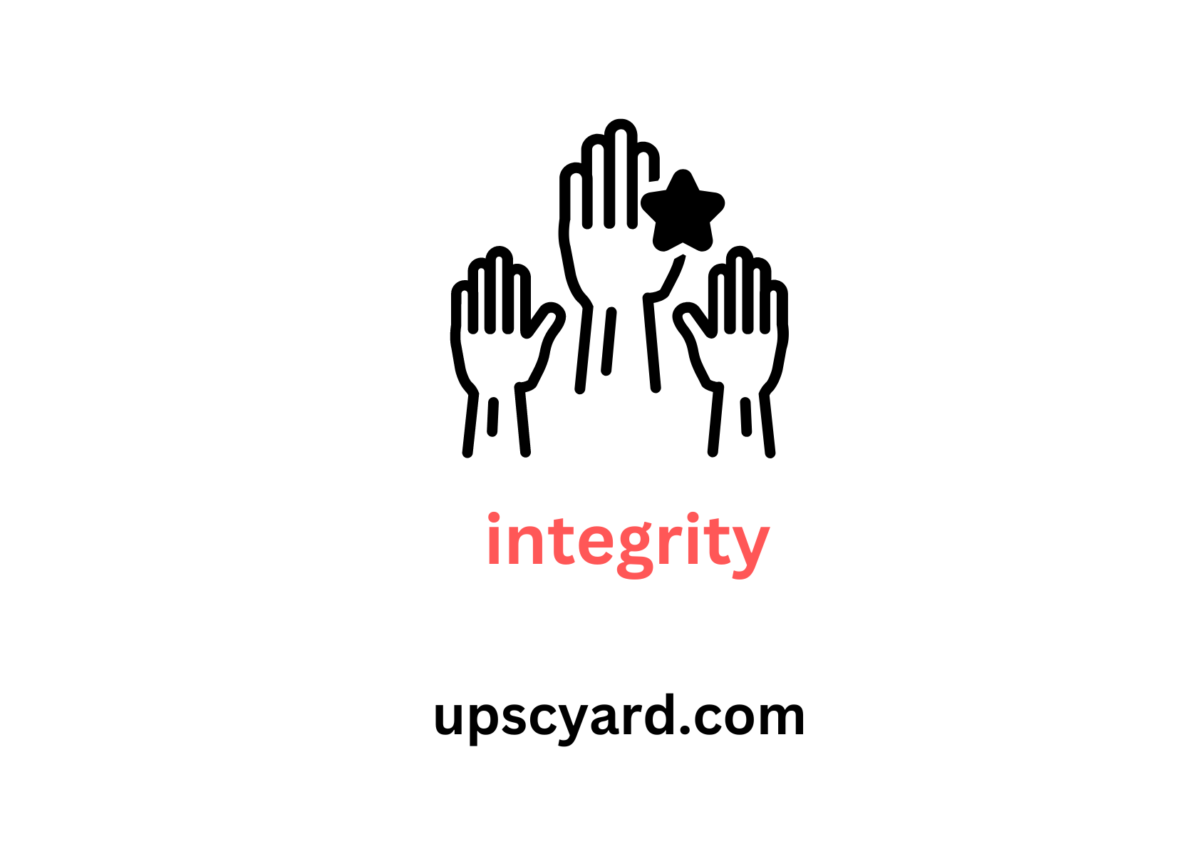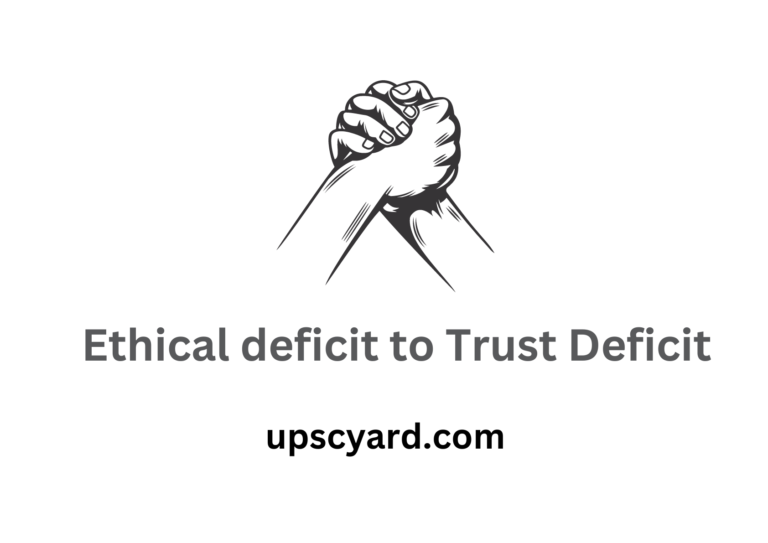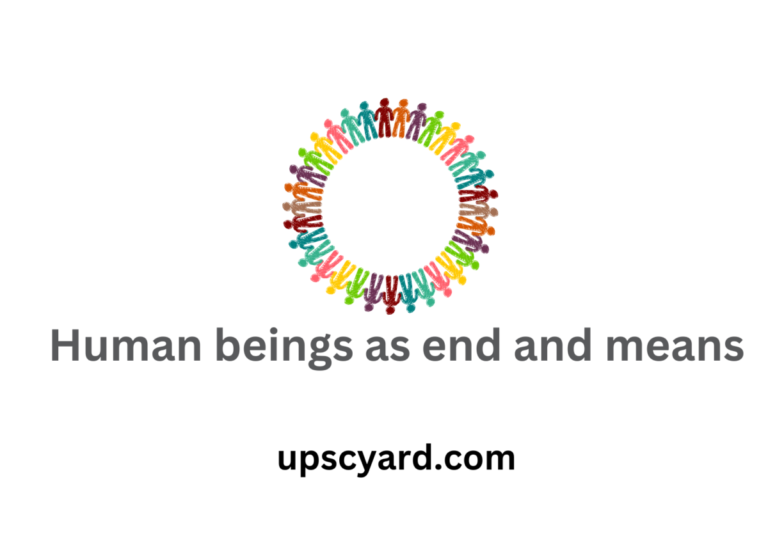Integrity
Integrity, a vital virtue frequently discussed, can sometimes be perplexing in its nuances. It is occasionally equated with morality, yet there are instances where we differentiate between acting morally and acting with integrity. Individuals possessing integrity may, on occasion, engage in actions that are morally questionable, even if they are unaware of it at the moment.
- Character Consistency: Integrity involves maintaining a consistent adherence to moral and ethical principles, even when faced with external pressures or temptations.
- Truthfulness: Individuals with integrity prioritize honesty in their words, actions, and interactions with others. They value transparency and avoid engaging in deceit or manipulation.
- Reliability: People with integrity are trustworthy and dependable. They uphold their promises, fulfill commitments, and can be relied upon to act responsibly.
- Accepting Responsibility: Those with integrity take accountability for their actions and accept the consequences of their decisions. They avoid making excuses or blaming others for their mistakes.
- Ethical Decision-Making: Integrity entails considering the ethical implications of choices and making decisions based on moral values. Personal gain or convenience takes a back seat to doing what is right.
- Respectful Treatment: Individuals with integrity treat others with respect, fairness, and dignity. They embrace diversity, actively listen to different viewpoints, and steer clear of discriminatory behavior.
- Self-Reflection: Integrity involves self-awareness, where individuals examine their values, beliefs, and biases to align their actions with their internal moral compass.
- Courage: Acting with integrity often demands courage, as it requires standing up for what is right, even in the face of opposition or challenges.
- Professional Ethos: Integrity is vital in professional settings, encompassing confidentiality, avoiding conflicts of interest, and upholding ethical standards.
- Reputation Building: Integrity contributes to a positive reputation, fostering trust and credibility in personal and professional relationships. It serves as a valuable asset that earns respect and admiration from others.
Types of integrity
There are different types or dimensions of integrity that are commonly discussed. Here are some key types of integrity:
- Individual Authenticity: Personal integrity refers to an individual’s commitment to staying true to their own values, principles, and ethical standards in their personal life.
- Occupational Uprightness: Professional integrity entails upholding ethical conduct, honesty, and accountability in one’s professional or work-related endeavors. It involves adhering to professional codes of ethics and standards.
- Cognitive Veracity: Intellectual integrity centers around being honest, impartial, and rigorous in intellectual pursuits. It includes accurately representing others’ ideas, giving appropriate credit, and engaging in critical thinking and intellectual honesty.
- Ethical Fortitude: Moral integrity involves consistently acting in alignment with moral principles and values, even in challenging circumstances. It requires making ethical choices and demonstrating moral courage.
- Communal Harmony: Social integrity relates to behaving in ways that foster positive social interactions and relationships. It encompasses treating others with respect, fairness, and empathy, and actively contributing to the well-being of society.
- Institutional Probity: Organizational integrity focuses on upholding ethical standards and values within an organization. It encompasses transparency, accountability, and ethical decision-making at all levels.
It’s important to note that these types of integrity are interconnected and can overlap in various situations. Each type emphasizes specific aspects of integrity within different contexts.




